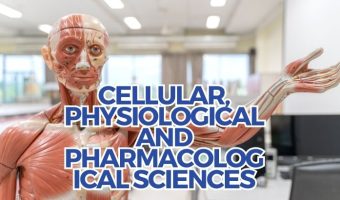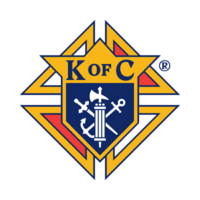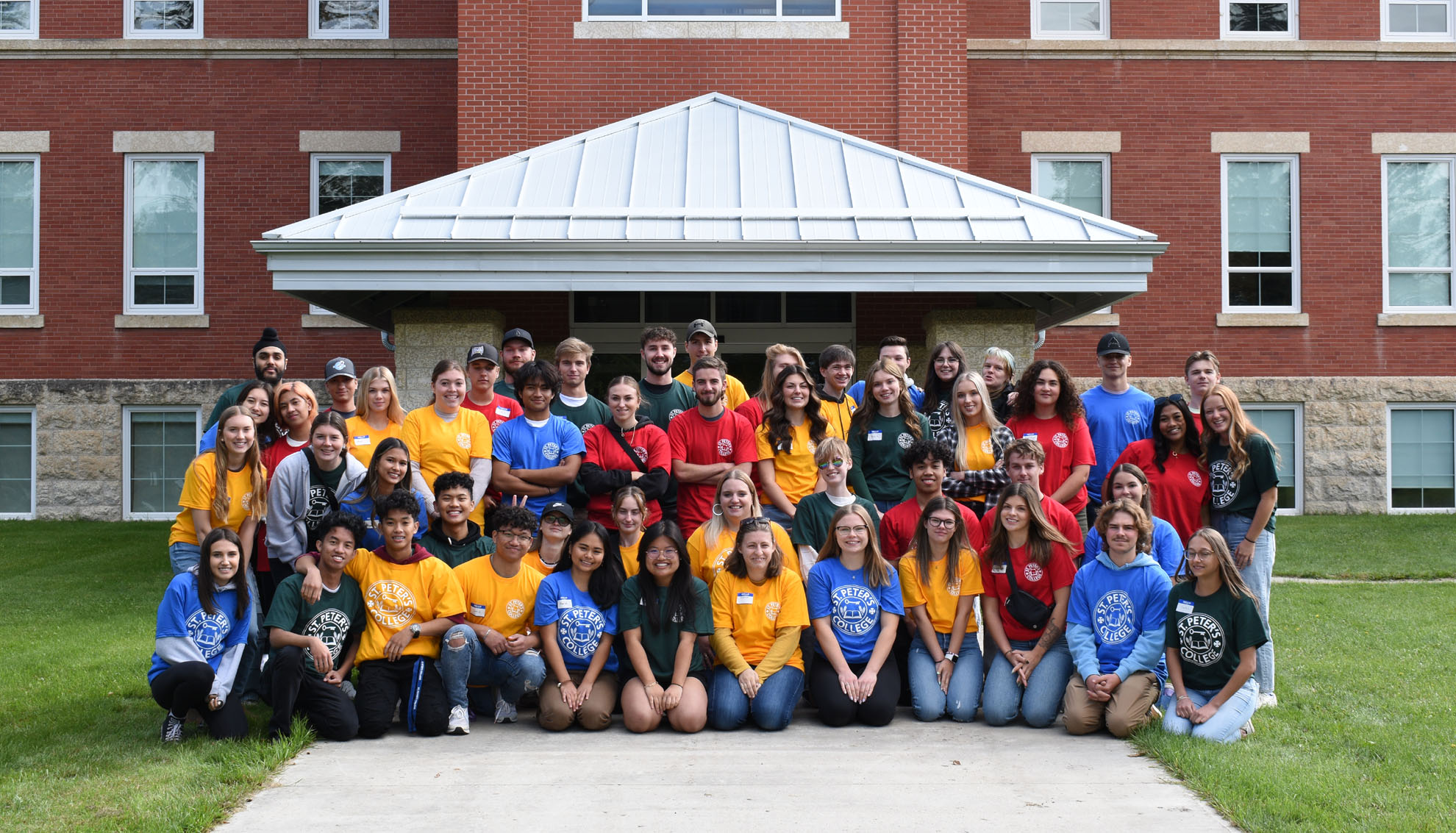Cellular, Physiological and Pharmacological Sciences
About This Program
Cellular, physiological and pharmacological sciences is the study of the structure, function and development of organisms at the molecular, subcellular, cellular, tissue and organ levels. It investigates the functions and mechanisms of major systems of the human body and studies the effects and mode of action of drugs which modify major body systems.
Upon completion of the first year, many St. Peter’s College students move to the U of S main campus to continue their studies. In some instances, students can complete the second year of studies with St. Peter’s College. St. Peter’s students must meet the same promotion standards as U of S students in order to move into the second year of study. Please contact Student Services for more information on promotion standards. Further information on this program can be found directly on the University of Saskatchewan’s website.
What you will Learn
First Year Classes
| Term 1 | Term 2 |
|---|---|
|
|
Tuition Estimates
| Canadian | International | |
| Tuition | $7,012 | $25,033 |
| Fees | $300 | $300 |
| Books | $1,000 – $1,500 | $1,000 – $1,500 |
| Total | $8,312 -$8,812 | $26,333 -$26,833 |
Tuition will vary depending on the type and number of classes you take in a year. This estimate reflects a typical amount you could expect to pay in your first year if you enroll in a full course load, the maximum number of courses allowed.
Fees are used to fund specific student benefits.
The cost of books and supplies varies widely depending on the courses you choose. It is recommended that you budget between $1,000-$2,000 per year.
*BASED ON THE RATES DISPLAYED ON OUR TUITION PAGE
Careers
Preparation for professional health science programs and graduate studies: The cellular, physiological and pharmacological sciences program provides an excellent foundation in the biomedical sciences for students seeking subsequent admission into professional health science schools such as medicine, dentistry, physical therapy, chiropractic, veterinary medicine and optometry. Cellular, physiological and pharmacological sciences graduates are also well qualified to progress into more advanced biomedical research training in the master’s and Ph.D. levels.
Other careers:
(Note that some of the following positions may require further education or qualifications, depending on the hiring institution and the jurisdiction in which the position is found).
Research and lab positions: A variety of technical positions are available in academia (e.g., universities and colleges), industry (e.g. biotechnology, private research firms, biomedical supply, and pharmaceutical companies), government (e.g. agricultural and food agencies and police forensic laboratories) and the healthcare system (e.g. medical labs).
Communications: Cellular, physiological and pharmacological sciences studies may lead to a career in technical writing for textbooks and/or government and industry reports.
Business: Cellular, physiological and pharmacological sciences graduates may obtain sales, consulting or management positions in science-related private sector companies such as pharmaceutical and biomedical supply firms.
Regulatory/Law: Cellular, physiological and pharmacological sciences graduates may be employed by regulatory bodies such as the Canadian Food Inspection Agency and the Food and Drug Administration to develop government policies and procedures.
Admission Requirements and Deadlines
Deadlines
St. Peter’s College Deadline:
Students already accepted into their program at the University of Saskatchewan may begin classes at St. Peter’s College anytime before the deadline for registration changes (mid-September and mid-January)
University of Saskatchewan Deadline:
The full list of deadlines for each college at the University of Saskatchewan can be found at the programs specific requirements and deadlines page on their website.
Required High School Classes
- Foundations of Mathematics 30 or Pre-Calculus 30
The high school classes that are required for admission purposes are not always the same as classes you will need to complete the degree program you choose. For example, if you want to minor in chemistry, you will need high school chemistry to take your first-year university classes.
Required Grade Average
Applications are considered up until the deadline. Admission is offered on an ongoing basis until all seats are filled. Applicants who do not meet the admission average but otherwise qualify for admission may be placed on a waitlist.
At the discretion of the college, applicants who had been placed on a waitlist may be offered admission based on their place in the waitlist (determined by admission average).
Minimum admission average: 70%
Learn how we calculate your admission average. If you do not meet the minimum admission average, you may be considered for the Transition Program or for special (mature) admission.
English Proficiency
If your first language in not English, you may have to prove proficiency in English before admission. It is expected that applicants interested in this program are fluent in English.
Ready to apply?
Students must apply and be accepted to the University of Saskatchewan and St. Peter's College. The University of Saskatchewan requires a non-refundable application fee of $90 CDN before your application will be processed. St. Peter's College will process your application at no charge.
Search
Related Programs













